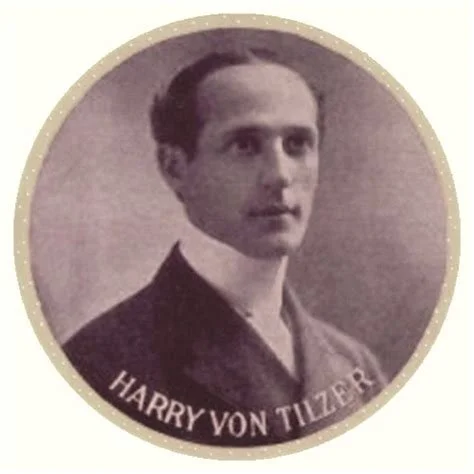"Tin Pan Alley" refers to a district in New York City, specifically 28th Street between Fifth Avenue and Broadway, where dozens of music publishers gathered to build a booming music industry. These companies functioned like factories, hiring staff composers and lyricists under work-for-hire arrangements to produce songs quickly and consistently. Publishers often placed writers under exclusive contracts and either bought songs outright for a flat fee or offered modest royalties. This system allowed publishers to control the rights to popular music and standardize its production and promotion. As a result, Tin Pan Alley became the center of American sheet music publishing in the early 20th century.
Some of the prominent companies operating in Tin Pan Alley included M. Witmark and Sons and T. B. Harms, which churned out thousands of songs in collaboration with aspiring composers and lyricists. The music publishing company was responsible for producing, promoting, and distributing songs, typically in the form of printed sheet music. These companies secured the rights to compositions, marketed them to performers and the public, and earned revenue through sheet music sales and, eventually, royalties. Publishing served as the primary mechanism through which songwriters reached audiences, and for many years, it was the backbone of the commercial music industry. Notable early composers whose careers began under the influence and infrastructure of Tin Pan Alley included Harry von Tilzer, who helped popularize the sentimental ballad style, and later giants like George and Ira Gershwin, Cole Porter, and Irving Berlin.
There are several stories behind the name "Tin Pan Alley." One version tells of journalist Monroe Rosenfeld, who visited 28th Street to write an article about the music business. During his visit, he heard Harry von Tilzer experimenting with a piano by placing strips of paper between the strings to create a distinctive, metallic sound. This auditory effect inspired Rosenfeld to title his article "Tin Pan Alley." Another story suggests that the district was so full of competing sounds such as pianos clanging, singers rehearsing, and song pluggers performing that it resembled the chaotic clatter of banging on tin pans. According to yet another legend, rival song promoters and clerks would bang on trash can lids to sabotage a competing publisher’s performance and disrupt a potential sale.

